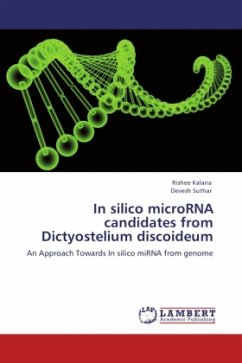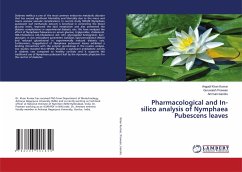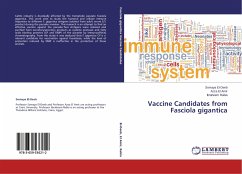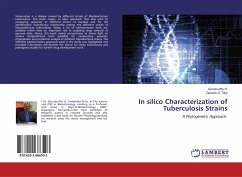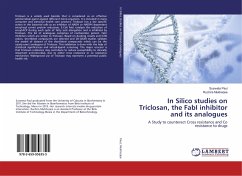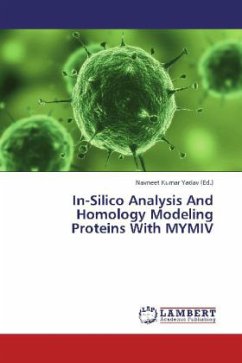Dictyostelium discoideum is one of the simplest studied eukaryote that possesses true multicellularity and provides unique advantages for studying fundamental cellular processes with powerful molecular genetic, biochemical, and cell biological tools. Small RNAs play crucial roles in regulation of gene expression in many eukaryotes. Different methods for elucidation of microRNA from the genome are described briefly. However, in absence of availability of microRNA sequence data from closely related species, the identification of microRNA in D. discoideum is challenging. Here we report the probable microRNA candidates from the social amoeba D. discoideum. We have used two approaches for prediction of microRNA from the social amoeba D. discoideum. Using comparative genomics approach, we identfied 171 putative candidate microRNA and its precursor from D. discoideum genome sequence. In ab initio approach we have identified 79 putative candidate microRNA and its 116 precursor using neural network method.

